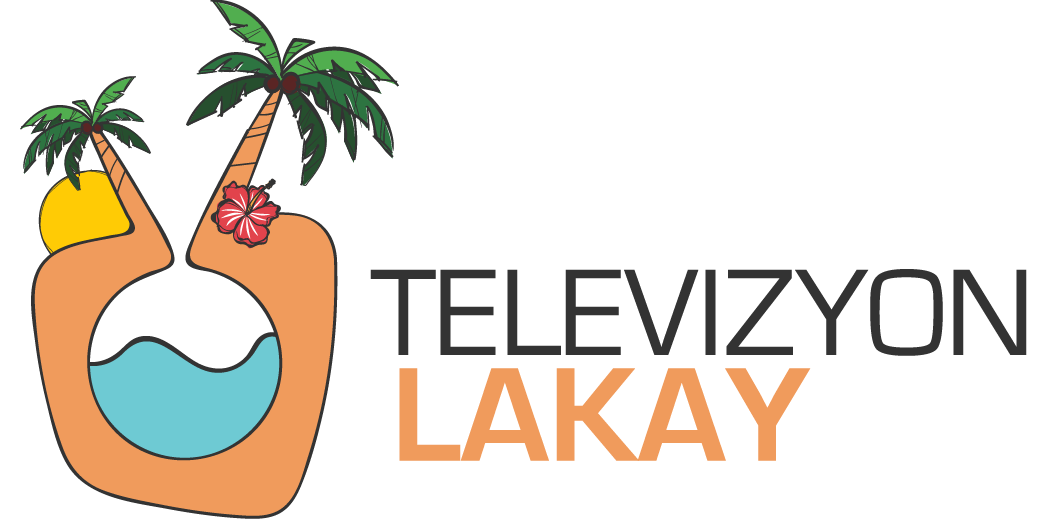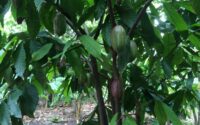‘Guyana isn’t standing on its own’ – Exxon boss says
 vishani@newsroom.gy
vishani@newsroom.gy
Chief Executive Officer (CEO) of ExxonMobil Darren Woods says he doesn’t believe Guyana is standing on its own in light of increasing aggressions from the Nicolas Maduro government.
He did not indicate that the oil company will cease operations in Guyana, as has been demanded by Maduro.
“(The border controversy) is a matter between nation states and the international community. It’s been ongoing (and) my expectation is that process will be respected,” Woods said during a CNBC interview on Thursday.
Asked about any concerns the company might have should Maduro increase aggression, Woods said: “I’m not sure Guyana is standing on it’s own, to tell you the truth.”
“We’ve all seen what happens when nations’ sovereignties are challenged and unilateral actions are taken. The world and outside community have grown pretty senstive to that, so my expectation is that there is more broad support in the international community to ensure that the processes are followed to resolve this dispute.”
Venezuela went ahead with its sham December 3 referendum that involved Guyana’s Essequibo region even though the International Court of Justice (ICJ) asked it to refrain from taking any actions that would aggravate the situation.
President Maduro revealed on Tuesday a redrawn of his country’s map so that it now includes the Essequibo region. He also ordered the creation of new entities to grant licences for oil, gas and mines exploration in the Essequibo region; he proposed the creation of a new law to establish new environmentally protected areas that could be centres for tourism and biodiversity. He also wants investors to leave Guyana.
For its part, Woods said ExxonMobil knows “what we need to do.”
He said the company will continue to develop the resources in Guyana.
Guyana’s President Dr. Irfaan Ali and Vice President Dr. Bharrat Jagdeo have made it clear that Maduro’s demands will not stand. They are engaging the international community.
The ICJ, which is presiding over the substantive border case, ruled last Friday that Venezuela shall refrain from seeking to seize control of the Essequibo- a move many believed the Spanish-speaking nation would pursue following its referendum.
The boundary between Guyana and Venezuela was determined by an arbitration tribunal 124 years ago, but Venezuela rejected the award in 1962, saying it was flawed. A mechanism was set up to solve the controversy and after decades of talks failed, the United Nations Secretary General referred the matter to the ICJ, which is the UN’s principal judicial organ.
The court has determined it can hear and decide on the case, but Venezuela put forward its sham referendum, asking its citizens to vote on the annexation of Essequibo before the Court can rule.



